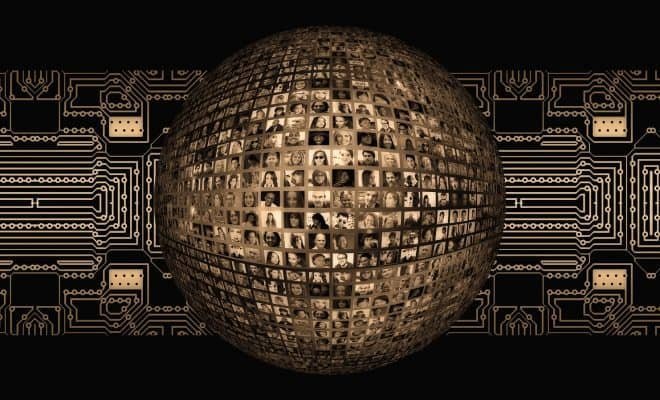The Media’s Impact on Public Policy

Technology is no longer a luxury – it is a necessity to function in society these days. People are never disconnected from their media of choice. Because of this, the mass media are deeply ingrained in every aspect of our society and have a tight grip on what we see. It is impossible to deny that the media plays a large role in developing the public policy because of their reach and control on our day-to-day lives. Is there a way to escape it? Is there a place that their power falters?
The media is meant to act as a public check on government power and influence on the American people, which has only grown in the last few decades. As emphasized below, we carry direct access to the media in our pockets today. We have the ability to choose which media platforms we are connected to, which content we consume, and which way we interpret it. Because of this, the media has a massive role in developing public policy. It is a direct connection to the public, and they set the stage for what we believe is going on in the country. With so much power, and such a prominent role in our government processes, it is important for them to take the responsibility seriously.
We’d like to think that the media plays a neutral role in the policy-making process. However, most of our major information sources do lean one way or another politically. This makes their neutrality questionable at best, which is why we absorb so much of that information from our selected news source. We pick the media we consume because it follows our political idea or personal tastes, which is why our political views of policies and the government are skewed as such. The media should play a neutral role in the process, presenting facts and leaving the conclusions to us. However, it’s not something that will come around soon.
There are six stages of policy-making and the mass media has power in each one. However, their power is strongest when it comes to agenda-setting. The mass media controls everything that the American people see and shape the narrative of what is important. This is made worse because our largest networks typically agree on what is most significant, even if they cover it in different ways. An example of this would be the perception of violence in America – the news organizations often focus on sensationally violent stories, which leads the people to believe violence in this country is worse. However, the rates of violence are steadily decreasing. This is just one example of how powerful the mass media is in setting the agenda of America.
Some would say that the media has too much influence on what we see. As we grow more dependent on technology, their grasp on what we see and how we see it will only grow. To lessen the media’s influence, if we were to try at all, would be to diversify the media that is consumed. We need to read, watch, and listen to media sources that may not follow what we agree with personally. However, it will also present alternative thoughts and ideas to what we already believe. It will lessen the effect that the media has, as well as loosening their grip on the American people’s views of public policy and government as a whole.
Overall, the media is an unavoidable consequence of our dependence on technology. They play the role of informant, as well as the painter of how we view the effects of governmental action. Neutrality is something that they strive for on issues but rarely find. When it comes to policy-making itself, they are strongest when it comes to agenda-setting and have a real influence on how the American people react to policies. The mass media is not going away and will continue to play a role in politics, whether we want it to do so or not.










